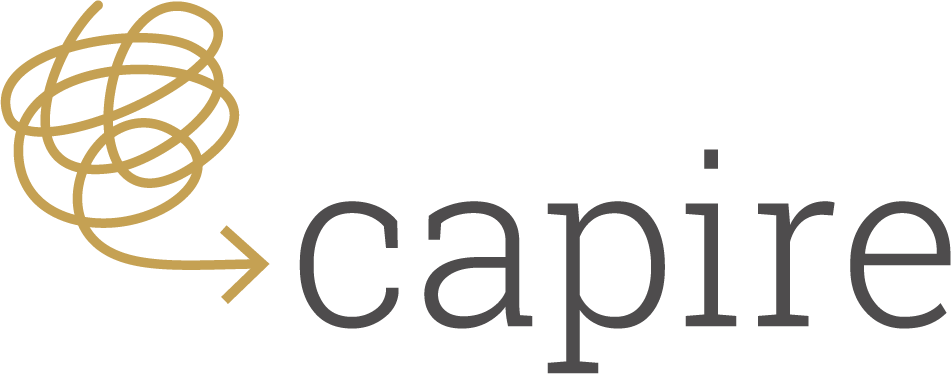Check your writing is accurate
When you’ve finished writing a great document that’s packed full of ideas and analysis, don’t forget to check all the content is accurate before you finalise it. As the writer, you are responsible for making sure it is accurate, and the facts are referenced.
What is accurate writing?
Checking your work, or a colleague’s work, is accurate means carefully checking the facts, spelling and punctuation, style and referencing.
Check the facts
If the facts in your document are incorrect, at best they will mislead or confuse your reader; at worst they will lead to mistakes – sometimes serious mistakes. When an organisation publishes documents containing inaccuracies, it can also damage its reputation.
When you edit and proofread a document, pay particular attention to checking that:
- calculations, measurements, percentages and statistics are correct
- dates and times are correct
- page numbers, table numbers and figure numbers are referred to correctly
- definitions of technical terms are correct
- claims (such as ‘This is the most expensive option’) are correct.
Use reliable sources to check this content is accurate.
Check the spelling and punctuation
Checking your spelling and punctuation are correct and consistent is a key part of editing and proofreading your document. Your computer’s spellchecker is a handy starting point. However, a spellchecker is not exhaustive and won’t take your organisation’s or sector’s preferred spellings into account, unless you have incorporated them into your custom dictionary.
When you edit and proofread a document, pay particular attention to checking how these things are spelt and punctuated:
- Names and titles of people
- Names of organisations
- Names of places and streets
- Titles of laws, publications and projects
- Names of events and products
- Wording of quotations
- Technical terms
- Addresses, phone numbers and email addresses
- Website names and URLs
Use organisations’ own websites, original source material and other reliable sources to check this content is correctly spelt and punctuated.
Check the style
Every time you write a document you make choices about style. For example, how to spell particular words, (‘adviser’ or ‘advisor’), how to write lists (whether to start each item with a capital letter; whether to use semi colons), how to write numbers (‘10’ or ‘ten’) and how to talk about the people you work with (‘patients’ or ‘clients’).
Using style consistently sets the right tone for your organisation (whether that is casual and friendly, or formal and informative); helps get your messages across; and builds your audience’s confidence in your organisation.
When you edit and proofread a document, refer to your organisation’s style guide to check the document uses the correct style. If you have made style choices outside the style guide, check that you have made the same choices consistently.
Check the referencing
When your document contains research, words, ideas, data or information that is not your own you must explain their sources. This avoids plagiarism, gives credit to the creators of the source material and allows your readers to access the sources to find out more information.
Pay attention to checking that these types of content include a reference, and that the reference details are accurate:
- Quotations
- Content you have paraphrased or summarised
- Facts, statistics and dates (unless they are common knowledge such as ‘The COVID-19 pandemic started in 2020’)
- Claims (unless they are widely accepted such as ‘Eating fresh fruit and vegetables is good for your health’)
There are several different approaches to writing references, but all contain the name of the author, title and date of the publication and details of the publisher or website location.
Capire is a leading New Zealand writing consultancy for governments, NGOs and international development agencies. We help organisations transform their complexity into plain English. Find out more about how we can help your organisation or sign up for our newsletter to get more tips to improve your writing.























